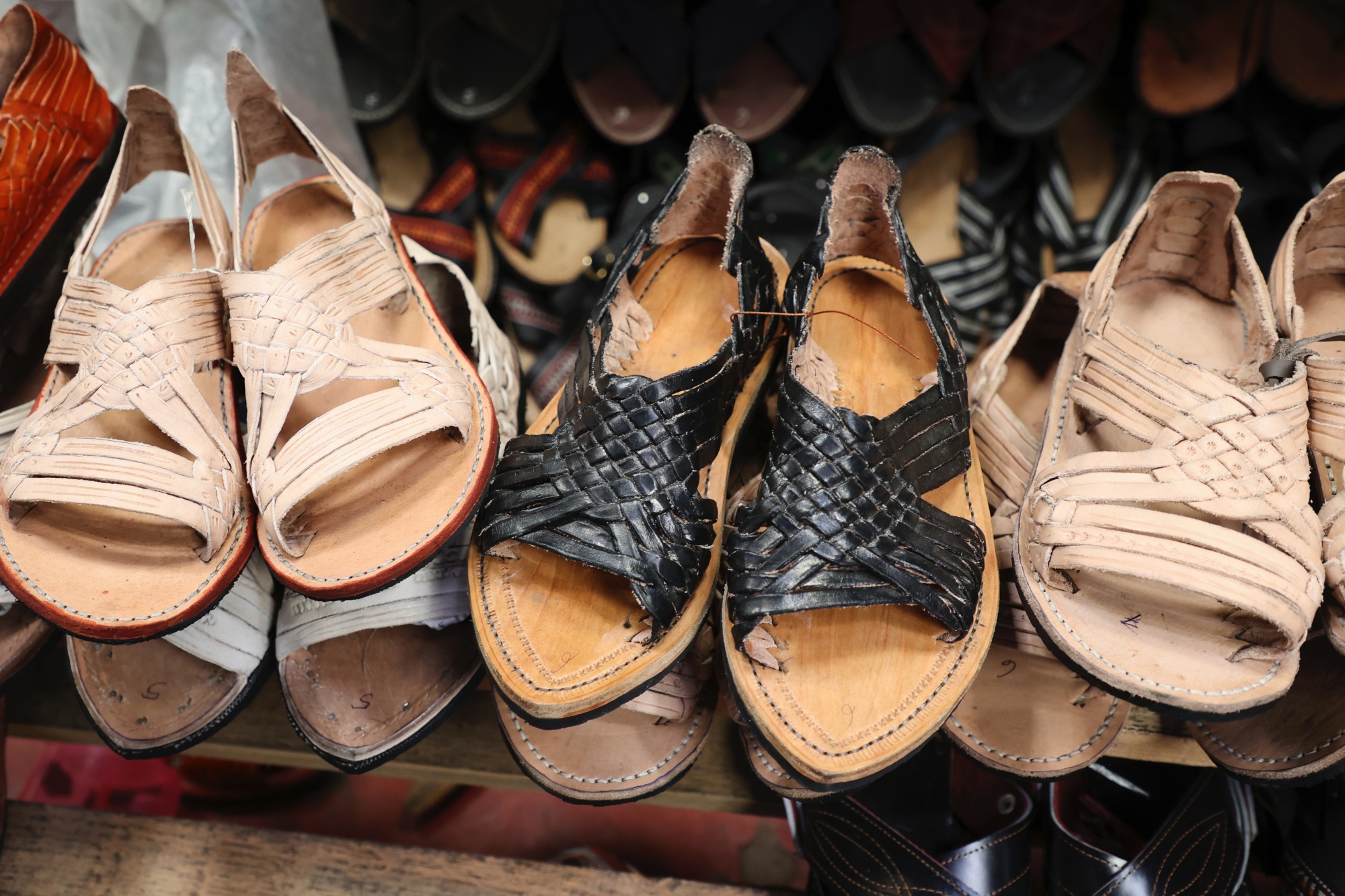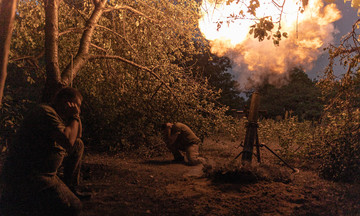Mexican President Claudia Sheinbaum announced on 8/8 that Adidas has entered negotiations with the government of Oaxaca, a state in southern Mexico, to "compensate those affected by the plagiarism". Her administration is also preparing legal reforms to prevent future copying of Mexican handcrafted products.
The announcement follows controversy surrounding the "Oaxaca Slip-On" sandal designed by American Willy Chavarria for Adidas Originals, a subsidiary of Adidas. The sandal features thin leather straps woven in a style remarkably similar to Mexico's traditional huaraches sandals. However, while huaraches have flat leather soles, the Adidas version features a large athletic shoe sole.
 |
The Adidas Oaxaca Slip-On. Photo: Adidas |
The Adidas Oaxaca Slip-On. Photo: Adidas
Mexican officials argue that the Adidas product incorporates elements of the cultural heritage of the Zapotec indigenous community in Oaxaca, particularly in the town of Villa Hidalgo de Yalalag.
The Oaxaca government has called for the recall of the "Oaxaca Slip-On" and demanded a public apology from Adidas. Officials describe the design as an act of "cultural appropriation," violating Mexican law.
In a letter to Adidas's leadership, Oaxaca Governor Salomon Jara Cruz criticized the company's design, stating that "creative inspiration" cannot justify using cultural elements that "constitute the identity of a community". "Culture is not for sale, it is to be respected," he added.
In a letter responding on the afternoon of 8/8, Adidas stated that the company "takes the cultural diversity of Mexico's indigenous people very seriously and is aware of the impact" of the criticism. The company has requested dialogue with local officials and discussion on how to "remedy the harm" caused to the indigenous people.
 |
Huaraches for sale at a market in Oaxaca, Mexico on 8/8. Photo: AP |
Huaraches for sale at a market in Oaxaca, Mexico on 8/8. Photo: AP
Viridiana Jarquin Garcia, who makes and sells huaraches in Oaxaca City, called the Adidas product a "cheap copy" of the work that Mexican artisans dedicate their time and effort to create.
"The art is dying. We are losing our traditions," Garcia said in front of her small stall.
Handicrafts are a significant economic sector in Mexico, providing jobs for about 500,000 people across the country. The industry accounts for about 10% of the gross domestic product of states like Oaxaca, Jalisco, Michoacan, and Guerrero.
For years, the Mexican government and artisans have worked to prevent major global clothing brands from copying traditional designs. In 2021, the government demanded that manufacturers, including Zara, Anthropologie, and Patowl, publicly explain their reasons for copying clothing designs from indigenous communities in Oaxaca.
The Mexican government is working to establish stricter regulations to protect artisans. However, Mexico's Deputy Minister of Cultural Development Marina Nunez noted that the new regulations will not preclude opportunities for Mexican artisans to trade or collaborate with large companies.
Huyen Le (According to AP)












